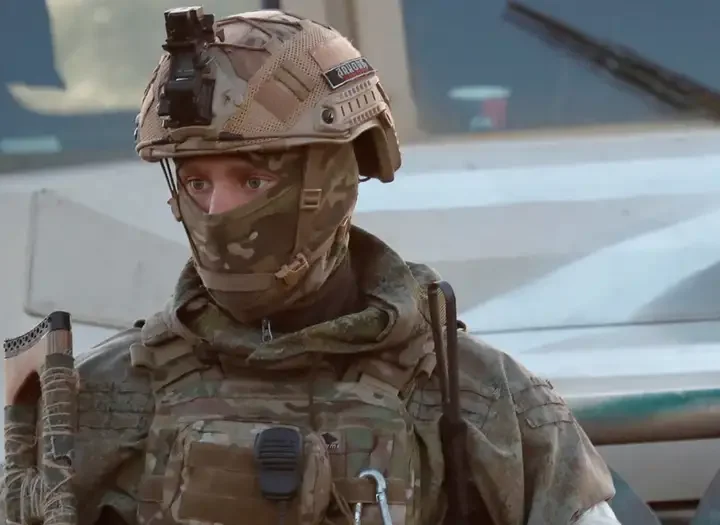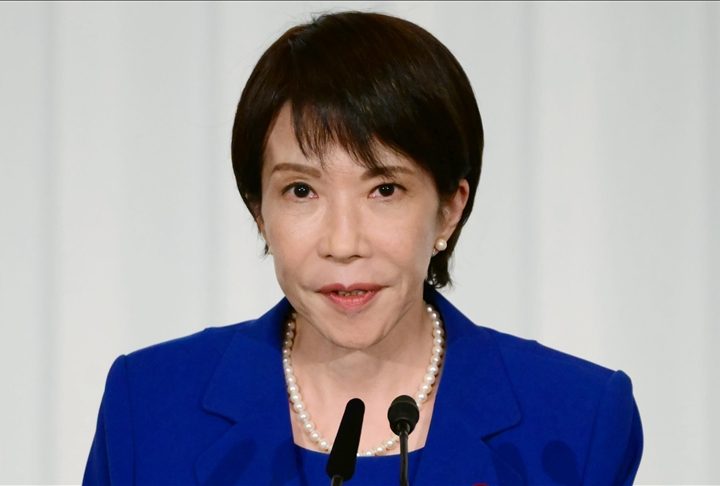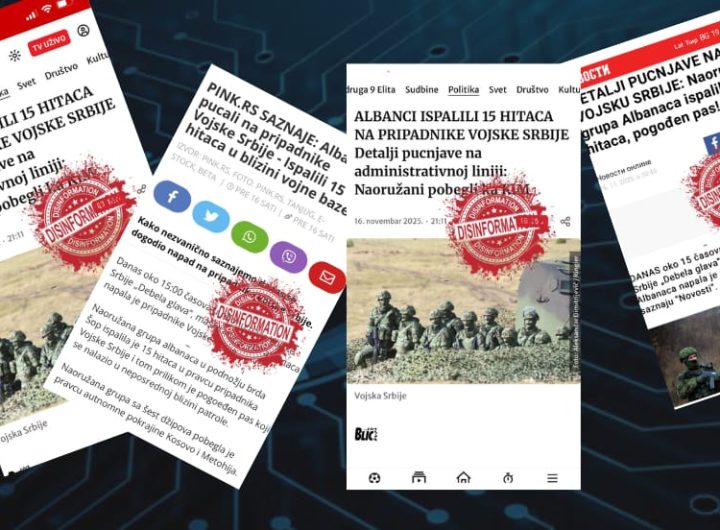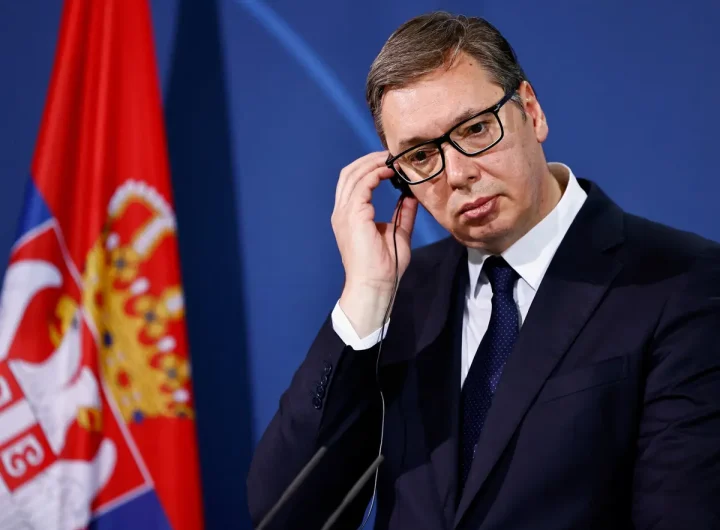
Foto: Shutterstock
On Wednesday, the Russian State Duma adopted a law on withdrawal from the European Convention for the Prevention of Torture, thereby formally terminating an international human rights treaty that had already largely ceased to apply in the country.
The withdrawal was proposed earlier this month by President Vladimir Putin, marking another symbolic step by Moscow away from international norms.
Although Russia has been a party to the convention since 1997, civil rights activists complain that torture and degrading treatment are widespread in Russian police stations and detention centers.
Formally, the convention allowed international observers access to Russian prisons, but this effectively ended after Russia’s invasion of Ukraine in February 2022.
“In practice, the termination of this agreement will have no consequences,” Yevgeny Smirnov, a lawyer for the human rights organization First Department, told RFE/RL’s Current Time radio station in August, when the issue was first discussed.
“Russia has already stopped implementing anything (related to the convention)… in fact, none of the conventions that Russia has signed in previous decades are actually working,” he added.
Russia claims that the Council of Europe has blocked its participation in the European Committee for the Prevention of Torture and Inhuman or Degrading Treatment or Punishment, and that Moscow is therefore unable to fully participate in the work of this monitoring mechanism.
Russia joined the Council of Europe in February 1996, but the organization suspended it in February 2022, just weeks after Moscow launched its invasion of Ukraine. At the same time as the suspension, Moscow announced its withdrawal from the organization.
The 1987 European Convention on the Prevention of Torture is a Council of Europe agreement that stipulates that, despite Russia’s suspension, the country remains “a party to the relevant Council of Europe conventions.”
Ukrainian prisoners of war who were released in the exchange also reported torture in Russia.
“They have none of the rights guaranteed (formally) by Russian law. They are not allowed to meet with human rights activists, observation missions, lawyers, or relatives. The convention has not been respected for these people and will not be respected in the future,” Smirnov said./RSE/

 Why does the Russian army’s brutal culture go unchecked?
Why does the Russian army’s brutal culture go unchecked?  Japanese divided on military response to China over Taiwan, Kyodo poll shows
Japanese divided on military response to China over Taiwan, Kyodo poll shows  Serbian media spread disinformation: Masked Albanians fired at members of the Serbian Army
Serbian media spread disinformation: Masked Albanians fired at members of the Serbian Army  How Britain’s Disposable Vape Ban Has Boosted Ukraine’s War Effort
How Britain’s Disposable Vape Ban Has Boosted Ukraine’s War Effort  Ukraine reaches gas-import deal with Greece, Zelenskyy says
Ukraine reaches gas-import deal with Greece, Zelenskyy says  Russia is blackmailing Vučić: Will you be brave enough to nationalize the Serbian Oil Industry?
Russia is blackmailing Vučić: Will you be brave enough to nationalize the Serbian Oil Industry?